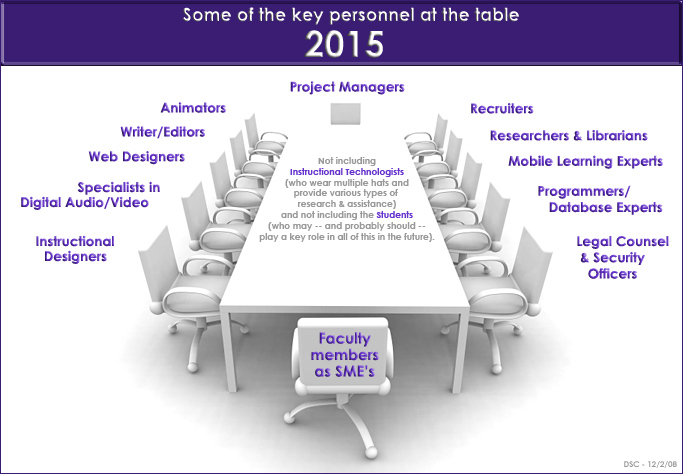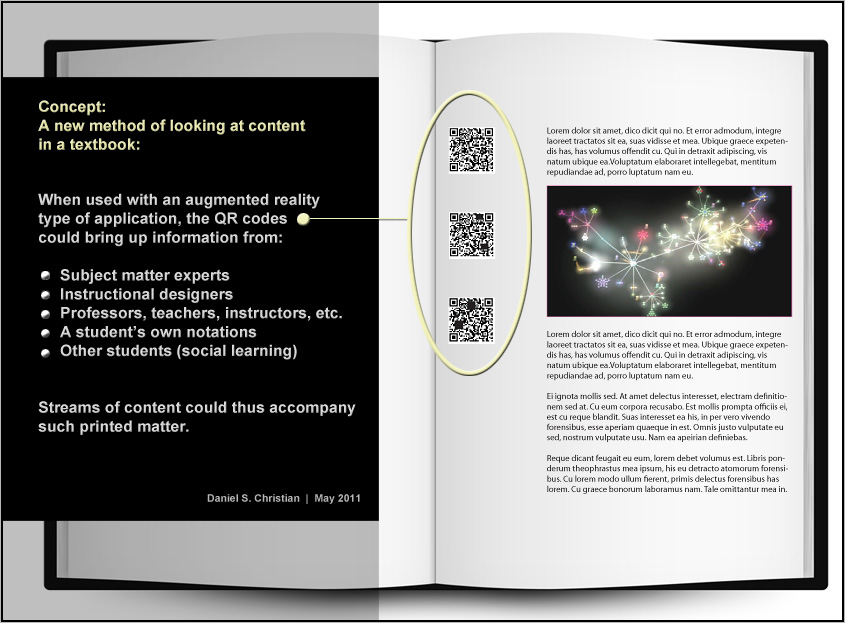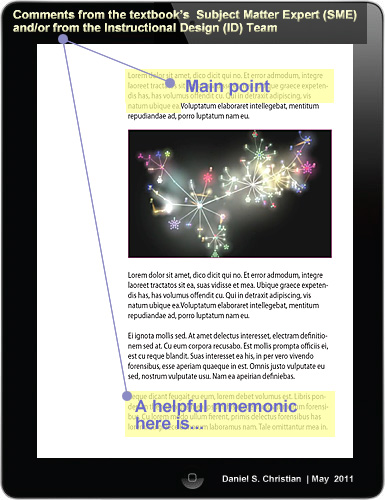The rise of new e-book business models — from TrendBiz.net by futurist Thomas Frey
Experimenting our way to success – reinventing publishing models

Excerpt:
Futurist Thomas Frey: Amazon revolutionized book reading in 2007 when it introduced its Kindle book reader. Within the past three years, the explosive sale of book readers has caused a massive surge in the sale of e-books, already outpacing the sale of hardcover books, with a prediction by Amazon CEO Jeff Bezos that they will outsell paperbacks within the next year.
We are witnessing a major transformation of this industry. Within five years, the vast majority of all books sold will be e-books. Big box retailers like Barnes & Nobel and Borders will have shuttered most of their storefronts. The printing press industry, along with the craftsmen of ages past who have made a fine art of applying ink to paper, will be mothballing their machines. And the media, almost in unison, will begin writing the eulogy for this 500-year old industry.
But before we focus too much on what we’ve lost, we need to pay close attention to the other side of the equation. Digital book publishing will be an exciting new industry with truly amazing potential for growth.















